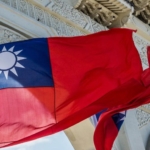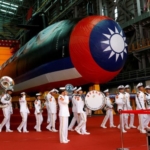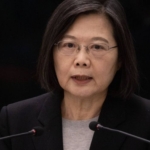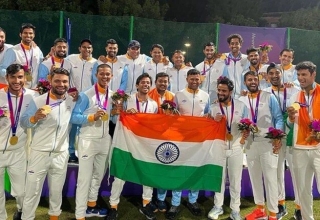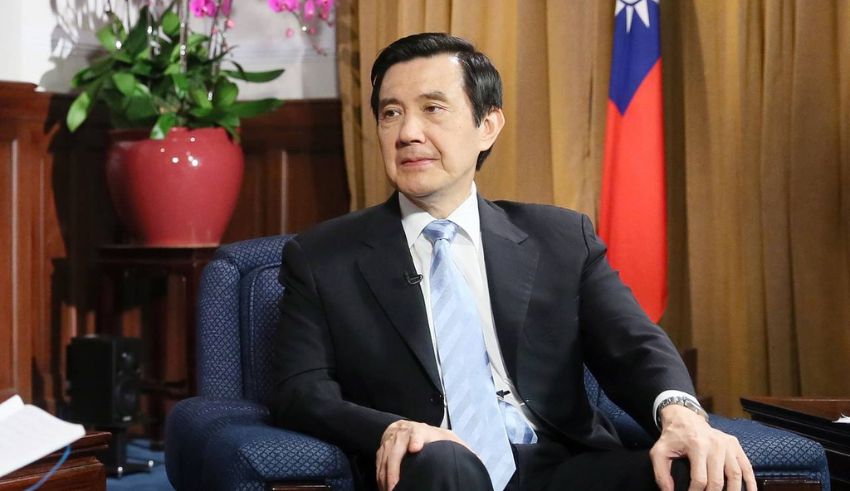
In a plot twist that could rival the best of political dramas, former Taiwanese President Ma Ying-jeou has opted to skip this year’s Double Tenth holiday celebration. His reason? A deep-seated belief that the current government is orchestrating a surreptitious campaign to nudge Taiwan towards independence, a notion that has ignited a fervent internal debate.
Republic of China (ROC) was founded on Double Tenth, a revered day in Taiwan.
But the mystery deepens. The Democratic Progressive Party (DPP), the party currently in power and led by President Tsai Ing-wen, is at the center of the controversy because it introduced the Double Tenth celebration’s controversial emblem. This emblem, which reads in English “2023 Taiwan National Day,” has raised eyebrows, particularly in Taiwan’s pro-Beijing quarters.
A Suspicious Eye on the DPP
Ma poses a perplexing question: “When exactly did our official moniker morph from ‘Republic of China’ to ‘Taiwan’?” He casts a suspicious eye on the DPP, accusing them of shrouding Taiwan’s identity in ambiguity and casting aside the “ROC national day” in favor of a “Taiwan national day.” To him, this metamorphosis spells a perilous path towards Taiwan’s independence.
Ma’s concerns run deep, fearing that Tsai’s adoption of “Taiwan National Day” is a shrewd maneuver to “sneak in Taiwan independence,” a clandestine plot that could potentially imperil Taiwan and its citizens.
The lexical conundrum isn’t new; it kicked off when the DPP government introduced the contentious English slogan in 2021, despite vociferous opposition from the KMT, now the primary opposition party, and fervent protests from Beijing.
Ma claims to have beseeched the event organizers to change their terminology last year, but his plea fell on deaf ears. Now, he believes that participating in the celebration would inadvertently endorse what he deems a covert agenda for Taiwan’s independence.
Ma’s decision to boycott the Double Tenth extravaganza is nothing short of a political bombshell. He’s been a fixture at these festivities for over four decades. However, he underscores that he can’t “remain a bystander while the DPP government jeopardizes Taiwan’s security and undermines the ROC.”
Keep Reading
Ma is rallying his supporters to wield their votes in the upcoming presidential election in January as a means to eject what he perceives as a government infringing upon the ROC constitution.
New Taipei City Mayor Hou Yu-ih, the KMT’s presidential contender, mirrors Ma’s sentiments, urging a power transfer to resurrect the celebration of the ROC national day next year. He’s also urging voters to scrutinize the separatist leanings of his top rival, Taiwanese Vice-President William Lai Ching-te, who’s previously proclaimed himself a “pragmatic Taiwan independence worker.”
Lai, in a bold retort, emphasizes that he harbors no intentions of formally parting ways with mainland China, affirming that Taiwan is already a self-governing, independent nation.
As Taiwan heads towards a watershed presidential election, the contentious issue of its political identity takes center stage, with ramifications stretching far beyond the island’s shores and resonating deep within the complex symphony of cross-strait relations.
